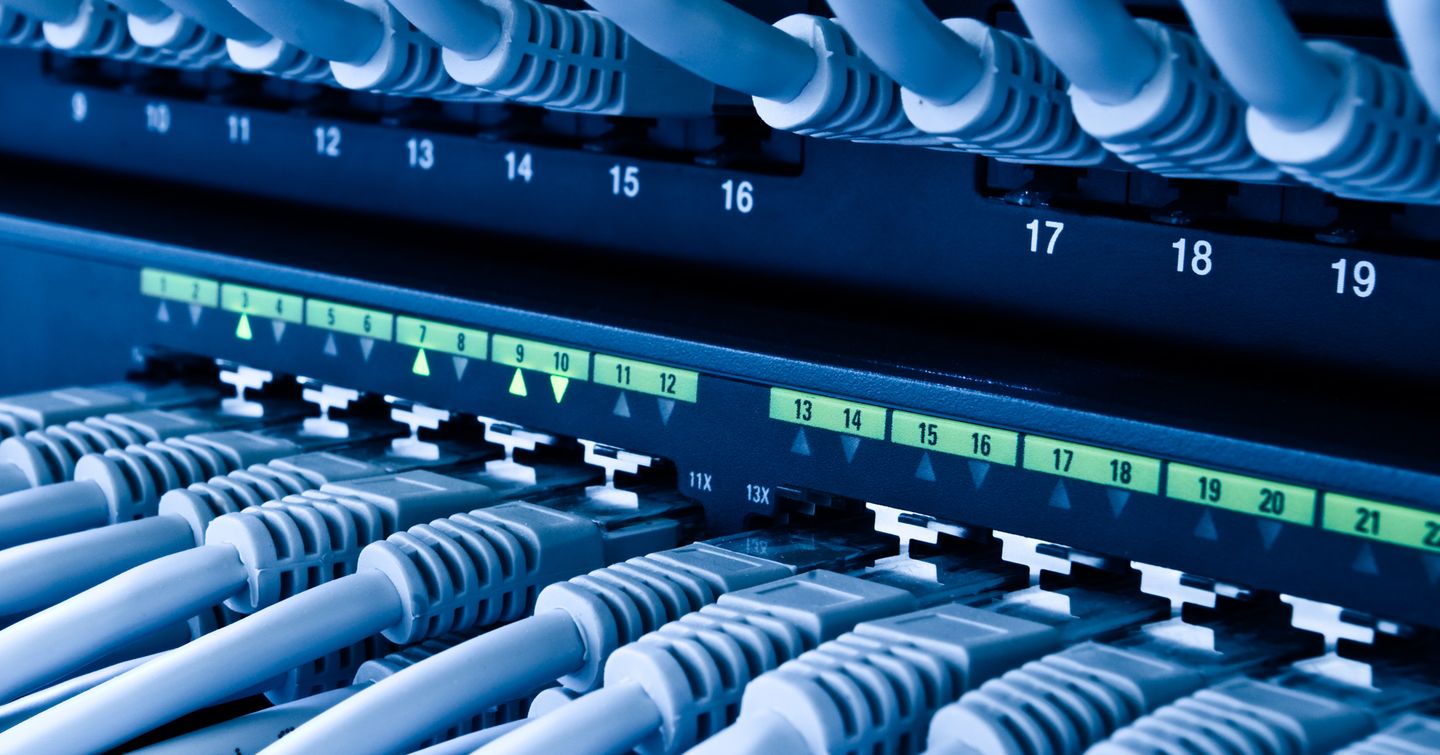In the modern age, criminals employ all sorts of tactics to steal various things, including your online identity, bank details, and other sensitive information. One such way is through a cyber attack, infiltrating your network using an array of advanced methods to gain access to hidden areas of important information.
In the below article, we'll explain the many ways in which you can build strong, reliable defenses against surprise cyber attacks.
Fortifying Networks and Systems
Safeguarding onboard systems and networks involves a comprehensive security approach. Utilize robust passwords, incorporating a mix of alphanumeric characters and special symbols, and regularly update these passwords. Implement firewalls to filter incoming and outgoing network traffic, acting as a barrier against unauthorized access.

Encryption should be applied to data both in transit and at rest, ensuring sensitive information is indecipherable to unauthorized parties. Regularly updating and patching systems is critical to addressing vulnerabilities. Employing security software that automatically installs updates is beneficial in minimizing the window of exposure to potential threats.
Implementing Network Segmentation
Network segmentation divides the yacht's networks into distinct sections, enhancing security by restricting access and isolating potential security breaches. This separation ensures that if a segment is compromised, the impact remains contained within that specific network area.

For example, guest networks should be separate from critical operational networks, reducing the risk of a breach affecting essential ship systems. Segmentation can be facilitated by implementing VLANs (Virtual Local Area Networks) or by using network hardware specifically designed for this purpose.
Utilizing VPNs for Secure Communication
Virtual Private Networks (VPNs) create secure, encrypted connections between the yacht's networks and external networks. By transmitting data through an encrypted tunnel, VPNs shield communications from eavesdropping or interception.
They are especially useful when crew members or onboard systems need to connect to external networks, whether for remote maintenance or internet access while in port. VPNs should be selected based on their encryption strength and the protocol they employ, ensuring robust protection of sensitive information during data transfers.
Regular Updates and Data Backups
Regular updates are essential to patch known vulnerabilities and security weaknesses in software and hardware systems. Automatic updates are highly recommended as they ensure systems remain updated with the latest security patches.


Backing up critical data is equally important; this should be performed regularly and stored in secure, offsite locations. In case of a cyber incident or system failure, these backups are instrumental in restoring lost data or system functionality.
Conducting Cyber Security Assessments
Periodic cyber security assessments and audits are vital to evaluate the strength of the yacht's security systems. Engaging cyber security experts to conduct penetration testing, vulnerability assessments, and security audits helps identify weaknesses or gaps in the existing security infrastructure. Addressing and resolving these identified vulnerabilities are critical when it comes to fortifying cyber security defenses onboard.
Physical Security and Crew Training
The physical security of onboard hardware and technology infrastructure is essential to prevent unauthorized physical access, tampering, or theft. This involves securing server rooms, control systems, and other critical hardware. Physical access should be restricted to authorized personnel only, and devices such as servers or networking equipment should be stored in secure, locked cabinets or areas to prevent tampering or theft. For more information on security systems, be sure to read our guide here.

Crew members are essential in maintaining cybersecurity, especially on the world’s biggest yachts, which are often prime targets for cyber threats. Regular training and awareness programs are vital to instill best practices for recognizing phishing attempts, avoiding clicking on suspicious links, or downloading unknown files. Additionally, crew members should be educated on the dangers of using unsecured Wi-Fi networks in ports or accessing personal email or social media accounts on vessel systems, as these actions could potentially introduce security risks.
Summary
Cyber security systems form an essential part of safeguarding yachts against the ever-apparent risk of cyber threats. The multi-layered approach outlined in this guide — from fortifying networks and educating crew — will contribute to the protection of your vessel. By seeking professional advice about cyber security measures, yacht owners can fortify their systems, ensuring safe and secure surfing in the digital realm.


